A few weeks ago, I did two-a-days with dry practice. Aside from my normal practice routine with my EDC handgun, I also spent ten minutes per day with my shotgun. This had me thinking a lot about the defensive shotgun. Additionally, with the surge of gun sales in recent months, I’m sure at least a few people are brand-new owners of a shotgun, so I will share a few of my ruminations.
Why a Shotgun?
When I was a kid, the shotgun was THE defensive long arm of choice. Be it a 26″-barreled Remington 1100 Wingmaster with a few rounds of buck, an old side-by-side propped by the front door, or (in my dad’s case) a single-barrel 20-gauge and three or four shells in your pocket, the shotgun was the go-to. The same was true for cops of the era: If cops were jumping out with anything more than pistols, they were, likelier than not, grabbing scarred, wooden-stocked 870s.
I am an unabashed fan of the shotgun, possibly because of its influence on me growing up in the 1980s. Maybe it was the recognition of the awesome power of a single round of 12-gauge. Or maybe it is my personal history of having lived in places where rifle choices were severely restricted, but ownership of good defensive shotguns was not.
The latter was the case 12 or 13 years ago when I purchased my Scattergun Technologies 870. I was living in a state that, for all intents and purposes, still abides by the Assault Weapons Ban of ’94. There was a pretty vibrant used weapons market in that state, which I enjoyed (it was the provenance of my much loved, pre-lock S&W 686-3). Still, magazine-fed rifles were scarce and expensive. Rather than start in the stagnant rifle market of that state, I decided to invest in a good defensive shotgun, and I’m so very glad I did. As a matter of fact, if I had to give up a bunch of long guns for financial or other reasons, my shotgun would probably be one of the last two to go.
Every day, it surprises me a bit more how many “gun guys” I know that don’t own a shotgun. And that number is dwarfed by the number of gun guys that don’t really know how to run their shotgun or haven’t taken theirs to the range in a long while. I’m not the expert on the shotgun, but I’m honestly probably more proficient than most.
Action Type
My shotgun is a Wilson Combat/Scattergun Tech “Border Patrol” built on a Remington 870. Until recently, the big debate on shotguns was about “pump vs. semi-auto.” Pump shotguns were sort of perceived as the revolvers of the shotgun world: they were thought to be more reliable but required more user interaction to operate them. Likewise, semi-autos were perceived to be a little easier to operate and have a little less recoil, but they were a tad less reliable. At this point, I’m sure you’re seeing at least a few parallels between the “revolver vs. semi-auto” debates of the 1980s.
Today, semiautomatic shotguns have had a bit of a come-up, and now the pump gun might not be the clear choice of the serious user as it once was. I’m seeing semi-shot guns like the Beretta 1301 Tactical popping up all over the place. Savvy users like Chris Baker of Lucky Gunner Lounge are now champions of semi-auto shotguns. I’ll be honest: if I were in the market for a shotgun these days, I would probably be hunting for the 1301 Tac. That being said, the pump gun is still perfectly adequate for anyone willing to put the time into the platform. In fact — not so long ago — I spent a couple of months carrying a 14″ 870 (stuffed with slugs) in urban environments in Afghanistan, and I’d gladly do it again.
The point is: don’t get super hung up on it. Both types will work. Whether you want to run a pump or semi-auto, prove your gun reliable and learn to run it like crazy. Now, let’s talk about a few features you may want to consider when shooting your shotgun. These are listed roughly in the way I would prioritize them in most instances. Unfortunately, I’m also going to talk about some things I’ve tried that didn’t work.
Sights
The traditional shotgun “sight” is the bead. A lot of good work has been done with a bead sight, and if that’s all you’ve got, you can probably do some good work with it, too. On the other hand, just because something has worked for a long time doesn’t mean that it will be just as good as newer options. (A lot of people have successfully defended themselves, for instance, with bows and arrows, but there are massively better options today). There are definitely better options for shotgun sights than the traditional bead front. For me, good sights are non-negotiable.
I am a big fan of the ghost ring setup. The ghost ring setup has a fairly wide aperture rear partnered up with a fairly coarse front sight. A lot of defense-oriented shotguns these days, including the aforementioned Beretta 1301 Tactical, come with some form of ghost ring: shotguns in Benelli’s tactical line, certain models of the Mossberg 590, custom 870s from Nighthawk Custom, Vang Comp Systems, Wilson Combat, and more. And for good reason. The ghost ring is fast yet capable of some surprisingly good accuracy. The ghost ring is probably the most common upgraded sighting option on a shotgun, but it is far from the only one.
Shotguns are also available with traditional, open rifle sights. Remington sells a hunting-oriented 870 with rifle sights. The barrel can often be purchased separately, and an 870 “Police” barrel with rifle sights is sold separately for around $250 if you’re interested in upgrading an existing shotgun. For that matter, XS Sights offers shotgun sight upgrades for Benelli, Beretta, Mossberg, Remington, and Winchester shotguns. These will fit nearly any variation of the barrel from vent-rib to plain barrel with a bead.
Another fantastic option is the red dot optic. More and more shotguns are coming equipped with a top rail specifically for the addition of an optic. This was not a very popular option back when I purchased my shotgun, but if I were buying it now, I would get something provisioned for the placement of an optic. I could add that now, but it would take time and require a gunsmith to install; it isn’t something high enough on my list of priorities.
Weapon-Mounted Light
In my opinion, a weapon-mounted light is second only to sights in importance. I have kind of dropped the ball here: My shotgun hasn’t gotten a whole lot of attention lately (I’ve been all about the carbine since moving to my new place), and I’m not running the light I want to be running. I have had a couple of different lights on this gun; some worked, some didn’t, some are on different guns now, and some are broken or gone.
Currently, I’m running a Streamlight TLR-1 on a Magpul forend. This is an “extra” light I had lying around, and to be honest, I don’t really like it (I’m not sure why I’ve never given my shotgun the light it deserves). The TLR-1 sticks out too far, the switch isn’t ideally operated while side-mounted, and it interferes with a sling. A sling isn’t non-negotiable in my book, but I like having the option. Most importantly, though, the side-mounted TLR-1 isn’t ambidextrous.
Further, I’m not super confident in the Magpul forend’s mounting capability. I dropped my shotgun on the light and had the light pull off. One of the stays pulled completely free, leaving the light dangling precariously by the other. The metal stays of the M-LOK system versus the plastic of the forend don’t quite add up.
I hope to replace this soon, probably with the Streamlight TL-Racker forend with integrated light. I’ll let you know how it goes and how whatever light product I select works.
Extended Magazine Tube
I believe an extended magazine tube is a high-priority addition to a defensive shotgun. The standard capacity for an 18″ shotgun is only four, or maybe five, plus one. Running a shotgun is a constant game of ammunition management (probably the topic of my next shotgun-related article). Adding a couple of rounds of capacity is a very good thing; I’d rather add two rounds IN the gun than half a dozen outside. I think your magazine tube should come as close to mirroring your barrel length as possible without exceeding it, at least for the shorter-barreled shotguns.
I am a fan of Wilson Combat magazine extensions. Plenty of others are out there, and doubtlessly, some of them are good, but I can’t personally vouch for any of them. Keep in mind that you probably get what you pay for.
Additional Ammunition Carriage
As I just mentioned, running a shotgun is a huge game of ammunition management. There aren’t many rounds in a shotgun — maybe eight or nine at the very high end — and you can go through them pretty quickly. The least expensive option, and one requiring no permanent modification, is the butt cuff with five or six elastic loops. These range from simple elastic cuffs to more elaborate designs. The latter are not a bad option, though I don’t think they’re ideal. They’re really hard to get ammo out of when the gun is shouldered, and they certainly impact balance.
Next up are the side-saddle-type rigs. These come in two basic varieties: hard and soft. I am personally kind of fed up with the hard ones. I’ve used the rigid plastic side-saddles and found they work OK. My Wilson shotgun came with the much more expensive Mesa Tactical aluminum side-saddle, which didn’t really work with a shit: Some loops held rounds too tightly, and some let rounds slide right through. Your results may vary, but I don’t like the hard side-saddles.

I do, however, really like the newer breed of “soft” side saddles. These usually involve applying a strip of pile portion of hook-pile tape (for non-parachutist types, this is the soft side of Velcro) to the gun’s receiver. The side-saddle itself is a strip of webbing with loops sewn on one side and hook-portion sewn on the other. You can have a bunch of these things preloaded and treat them sort of like magazines — or you can just have one that you have the option of taking off the gun as needed. My favorites are the 6-round Shotgun Cards from ESSTAC. I’m going to talk much more about managing shotgun ammunition in a future article, so stay tuned.
There are also some really mediocre options for shotshell carriage, most notably the sling with shotshell loops. I don’t like the sling with shell loops firstly because shotshells swaying side-to-side are absolutely going to affect your ability to place accurate shots. Secondly, rounds dangling some distance below the forend of the gun is not a great place for them to be, nor does the sling do a whole lot for you.
870-Specific: Extended Safety
This one is on a case-by-case basis. If you have a Mossberg shotgun with the tang-mounted safety, you’re already good to go. If you have a Remington 870/1100/11-87, I strongly recommend Vang Comp Systems’ Big Dome Safety. This enlarged safety is still perfectly safe but allows you to switch the safety off much more quickly and easily than the flat factory safety. As my finger moves into the trigger guard, the first knuckle of my finger contacts the safety. It takes only a slight conscious effort to depress and disengage the safety. I am really enamored with this design and have been for a long time. As a matter of fact, my shotgun was even shipped with an enlarged safety from Wilson Combat, but I was still compelled to replace it with the superior products from Vang Comp.
Stock
I know it’s unpopular these days, but I like a pistol-gripped stock on my shotgun. On the 870, I believe it puts the trigger finger in the ideal location to manage the safety.
If I were running a Mossberg, I would have a traditional shotgun stock, an updated traditional stock like the Magpul SGA, but I would like the 870 with a pistol-grip stock. The stock on my shotgun currently is the Urbino from Mesa Tactical. I installed it on the gun after a stock from SpeedFeed failed rather spectacularly. If I have to replace this stock for any reason, it will probably be with the Magpul stock.
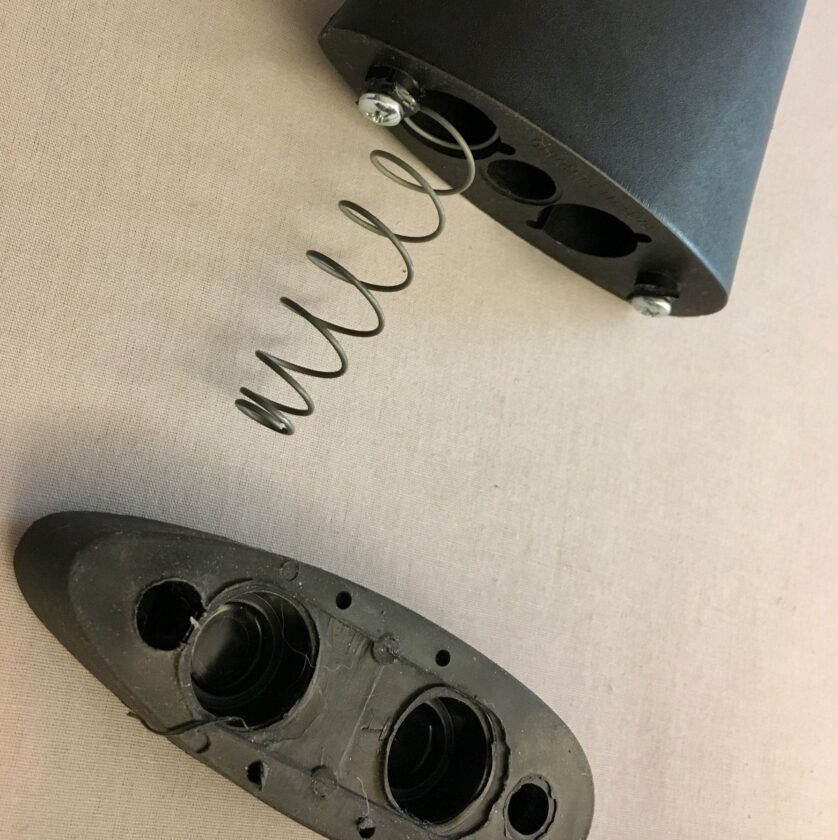
Sling
The necessity of a sling totally depends on your mission. If your mission is to barricade the bedroom door, you don’t need a sling. In fact, you may very well be better off without one since a sling may foul your pump.
If your mission is to move around your house or property, you might think about a two-point sling. If you end up in a tussle for the gun, it’s your strength against the other guy’s strength unless the gun is attached to your body. This is especially true if you get caught off guard with the gun in one hand. Even if you have no hands on the gun, it’s going to be hard to take a slung shotgun away from you.
I don’t currently have a sling on my gun because of the light configuration (the TLR-1 on the sling side) and because my shotgun isn’t on home duty at the moment. Once I resolve the lighting issue, I will put the VTAC sling back on.
Ammunition Selection
I started writing about this and realized there’s probably enough here for its own article. The short version is that my shotgun is loaded with slugs. I have a case or two of buckshot, but I generally prefer slugs over buckshot. In my next article on the shotgun, I explain why in detail.
Closing Thoughts
That’s probably enough rambling for now. I thought this was going to be a short little post, but there are still things I didn’t get to that will probably be article-length pieces by themselves. Stay tuned for more articles on the shotgun.
In the meantime, if you know someone who is relying on a shotgun for home defense and needs some knowledge, send them a link to this article. But don’t stop there. I’m not an authority on the shotgun, but there are a lot of good resources available online. One of my favorites is the suite of defensive shotgun information put together by Chris Baker at Lucky Gunner Lounge. I don’t agree with everything Chris does, but if we agreed on everything, we wouldn’t be human.
The best thing to do, though, is to get some training on the shotgun. Like most people, this is probably my biggest deficit, but there are some really good instructors out there. Rob Haught (does anyone know if he’s still teaching and, if so, where to find his schedule?), Darryl Bolke and Wayne Dobbs, Tim Chandler, Tom Givens, and Greg Ellifritz are all well-respected shotgun instructors.

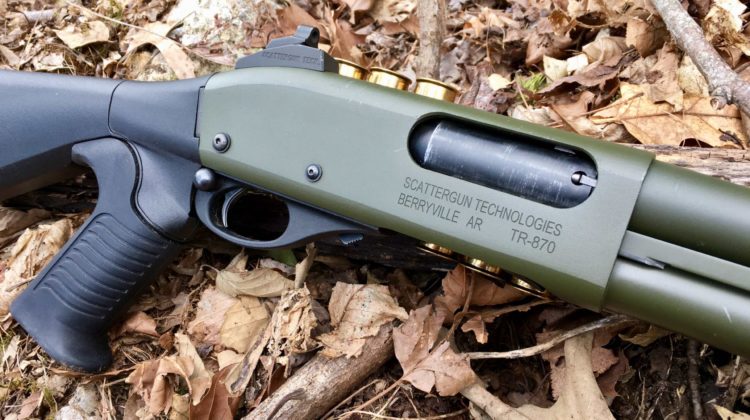
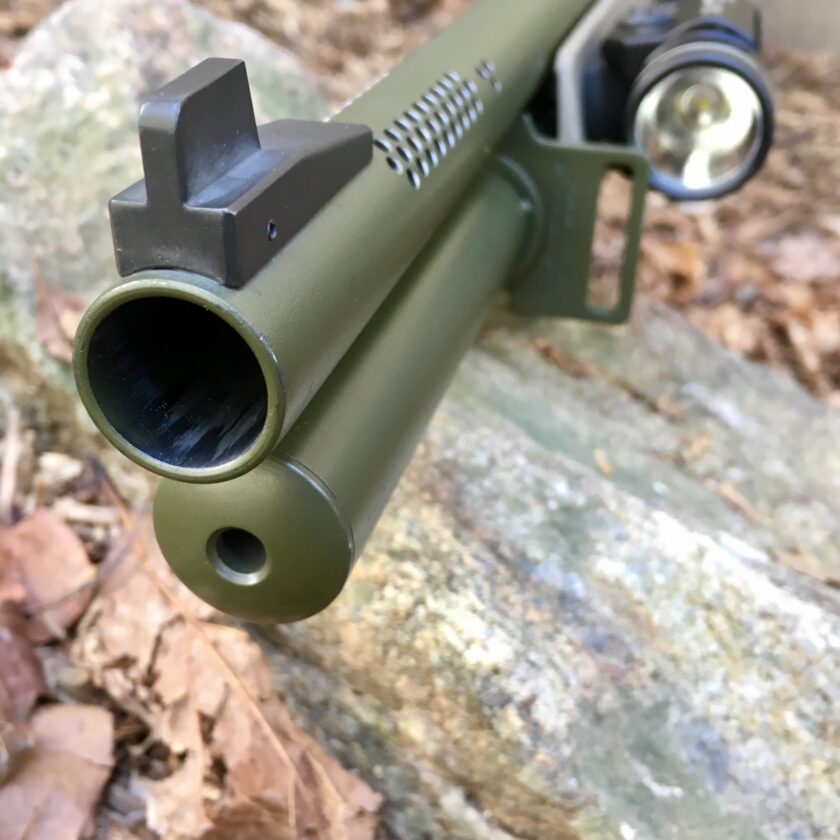
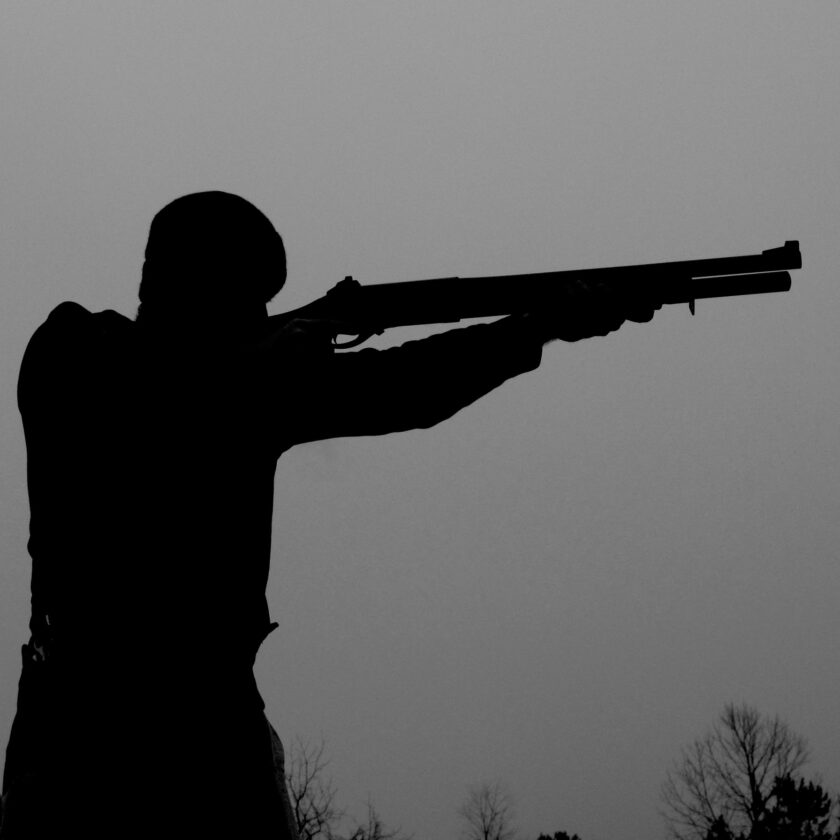
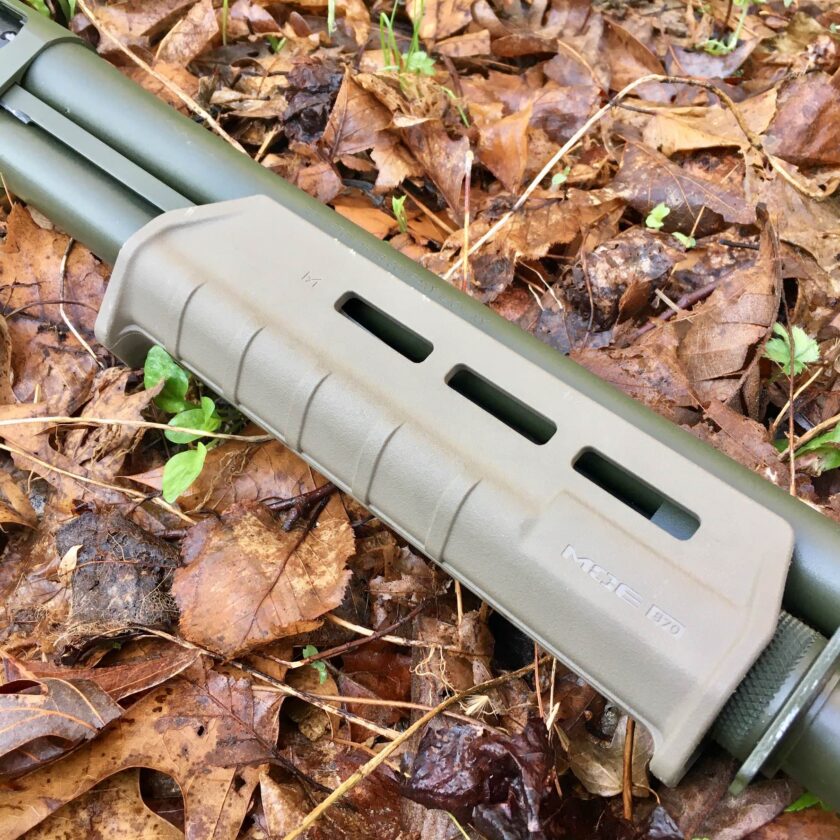
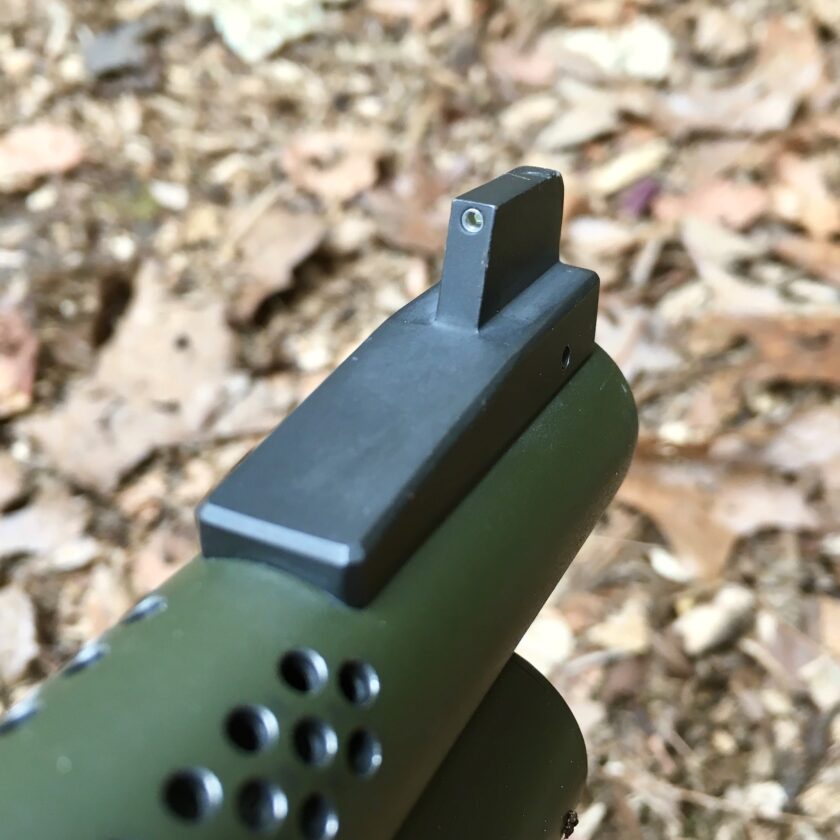
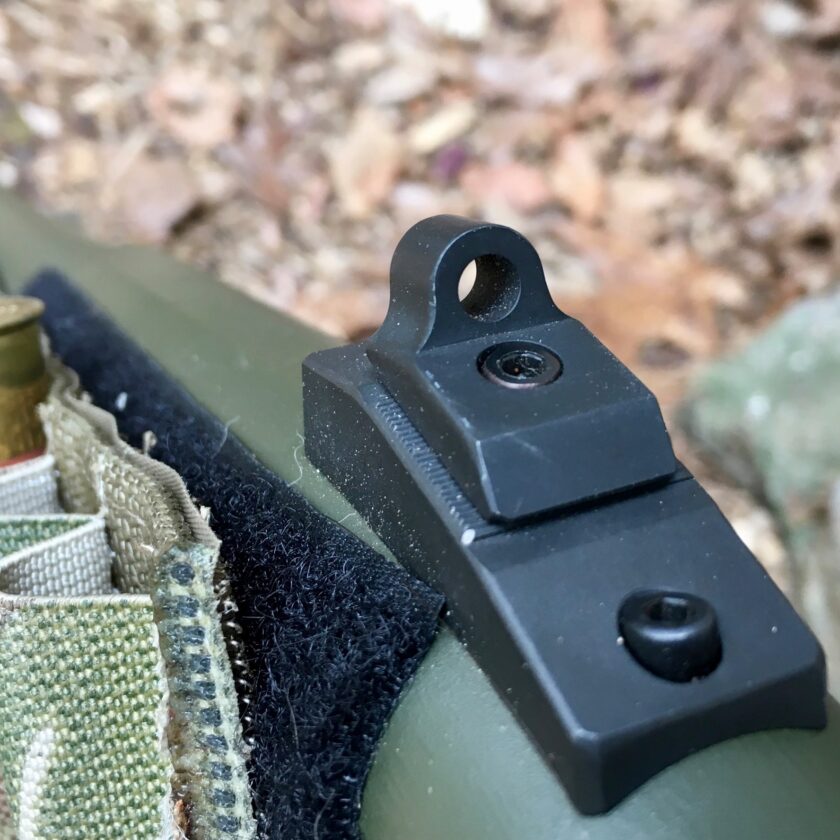
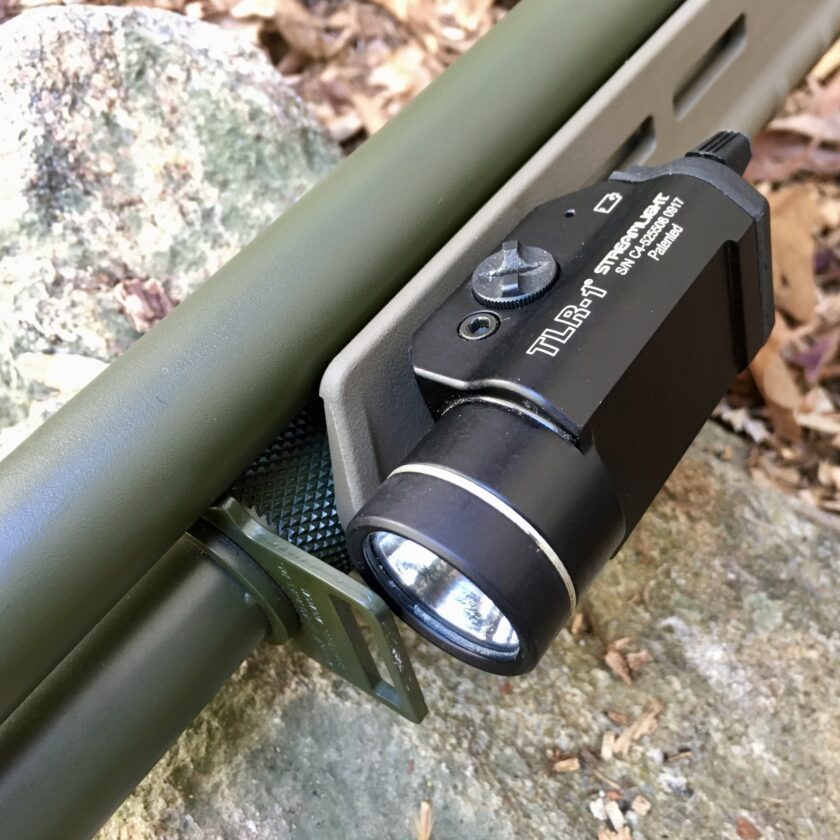
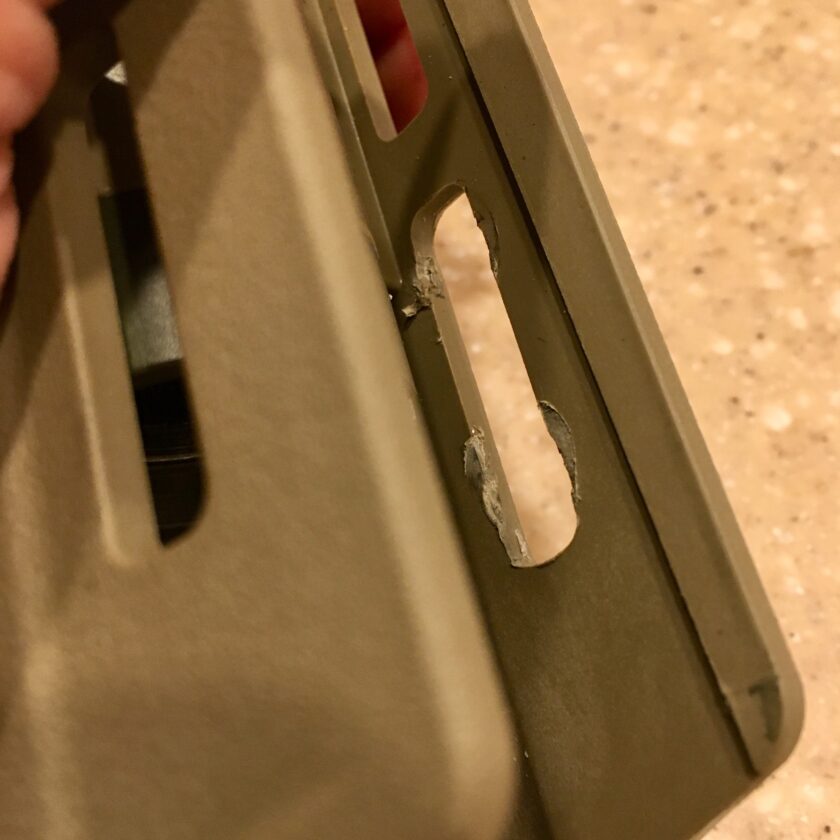
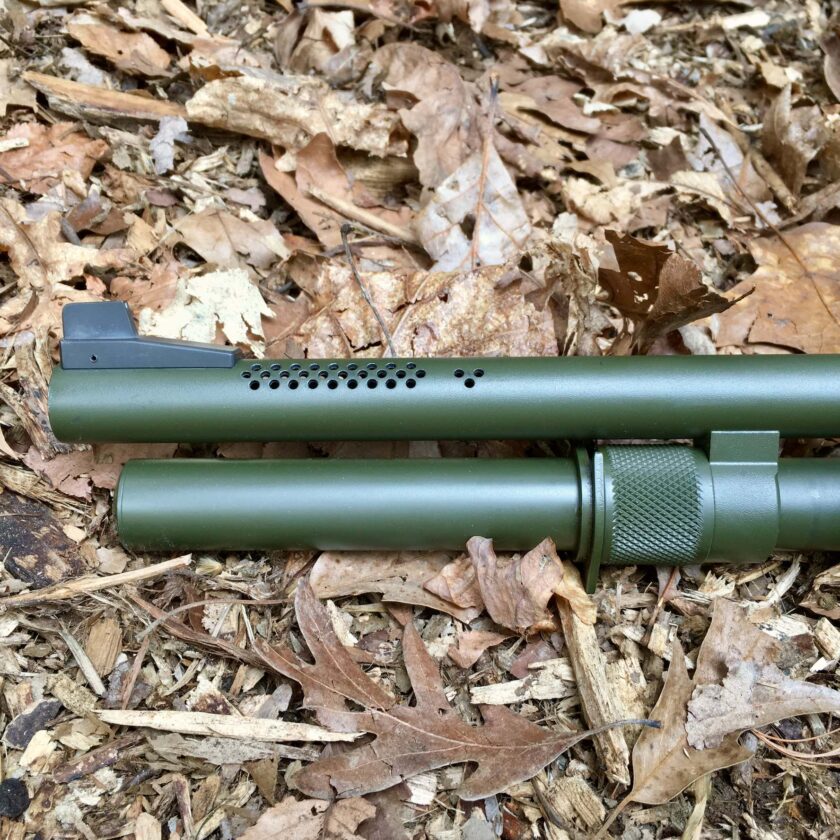
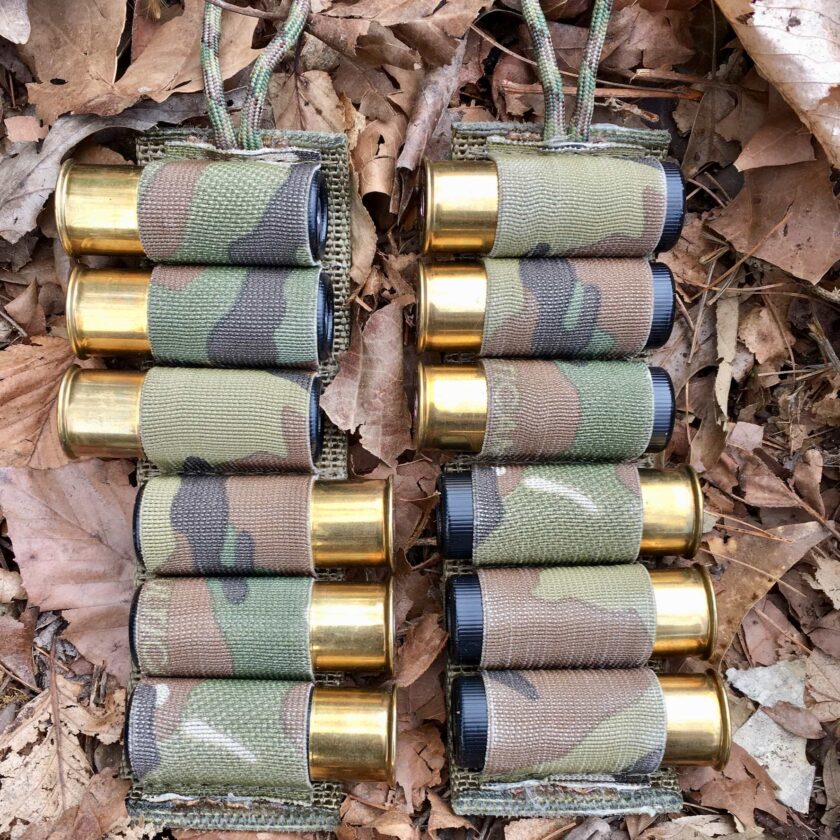
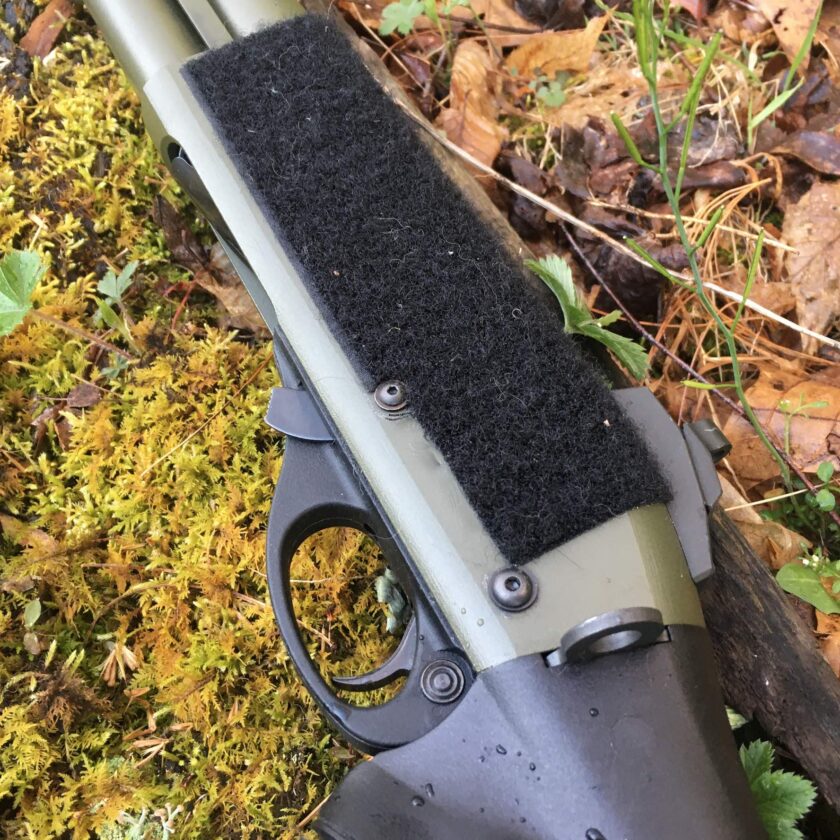


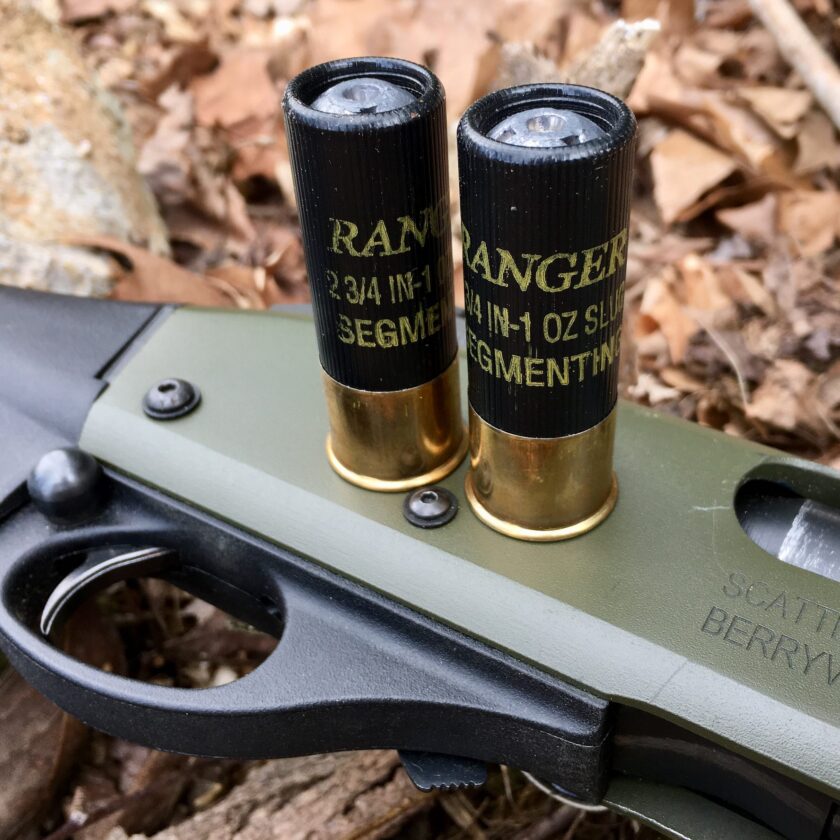








COMMENTS